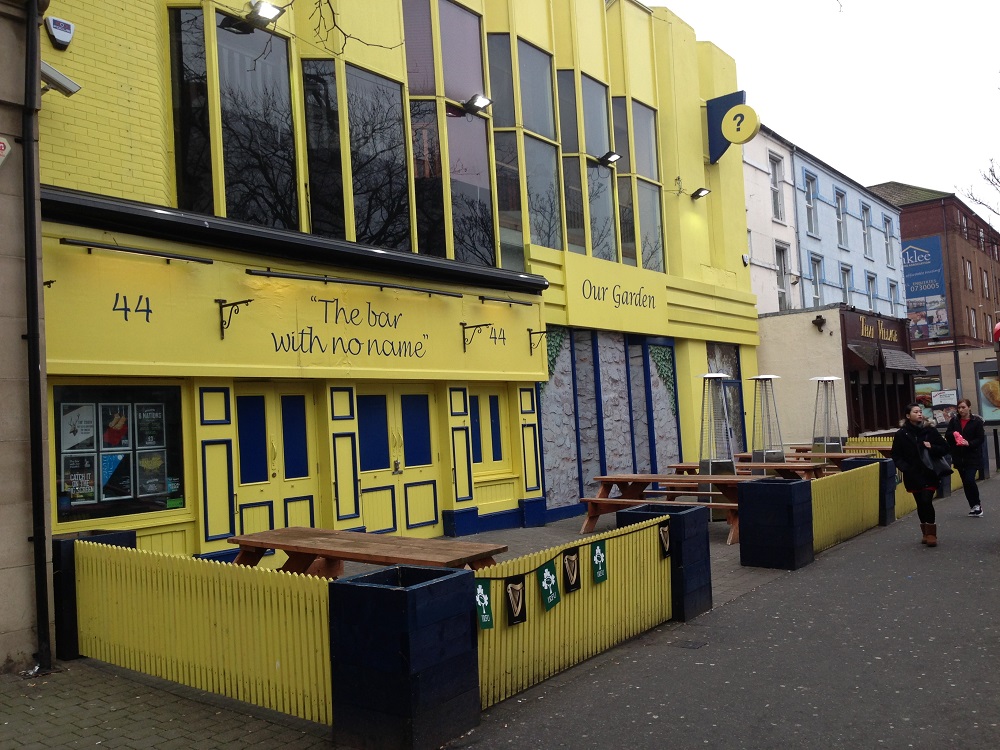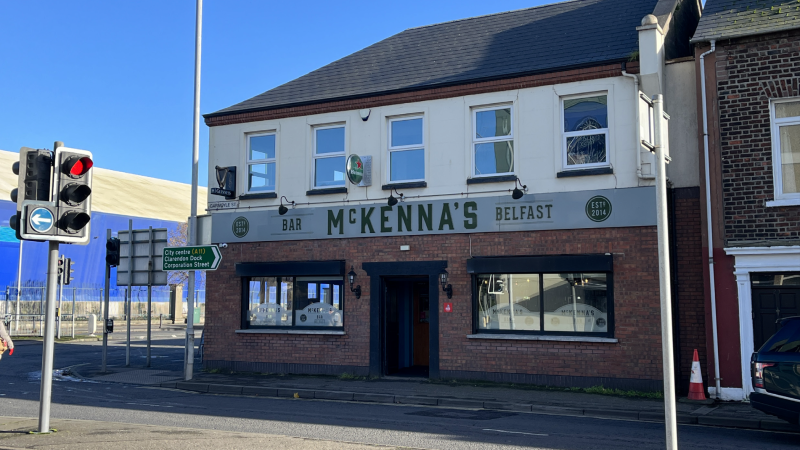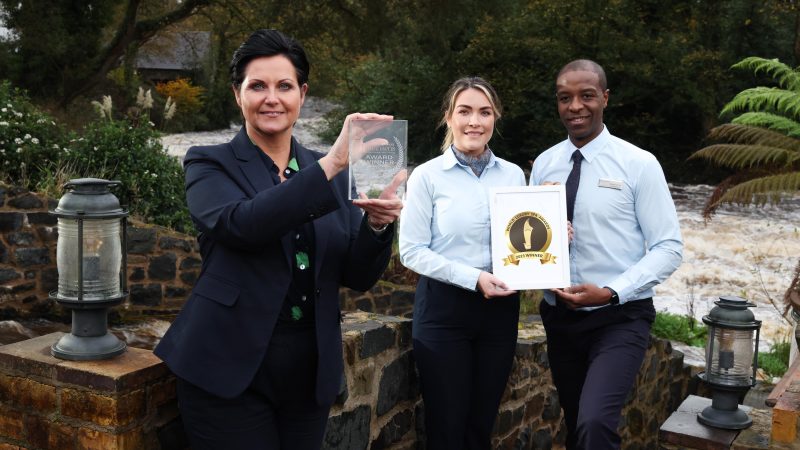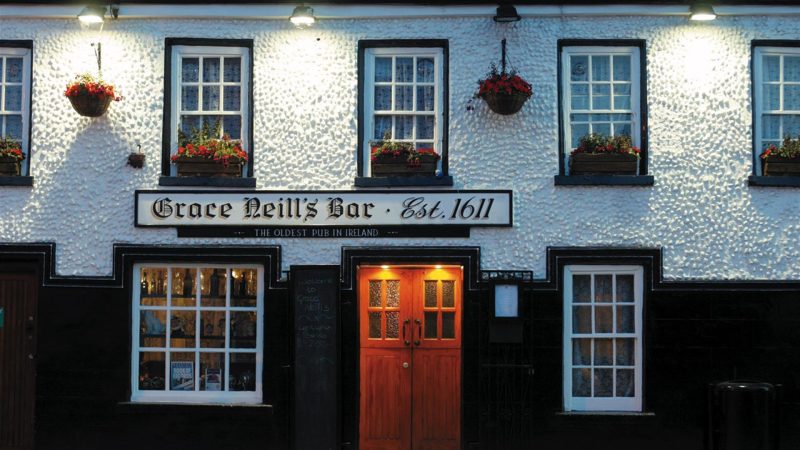A tale of two cities…
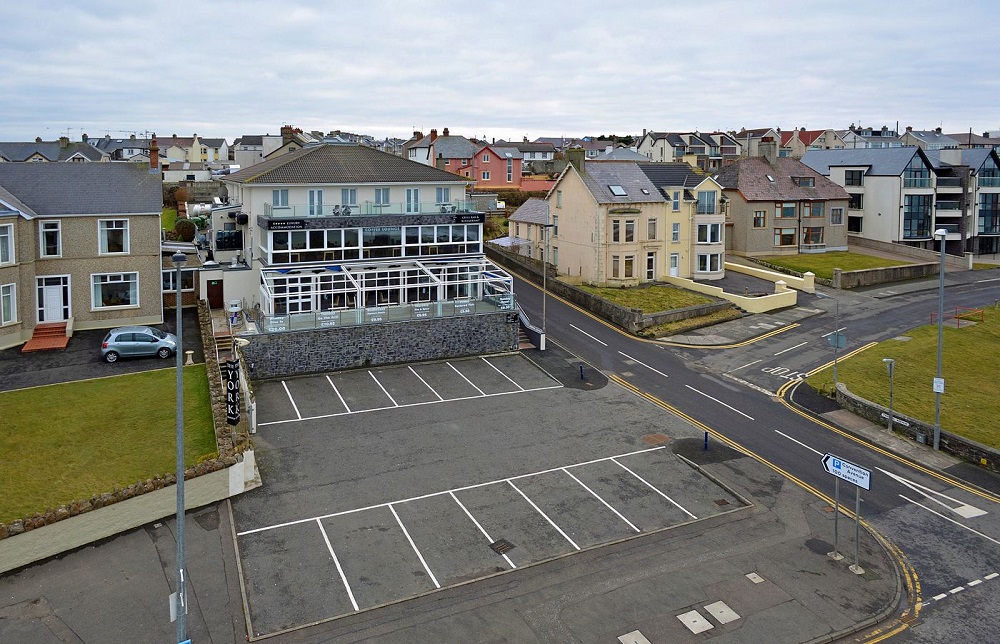
The acclaimed York Hotel in Portstewart was recently sold, just in tome to catch the trade from this year’s North-West 200 motorcycle race.
LCN has been talking to licensed property specialists, Mark Carron and Thomas Osborne from Osborne King about recovery in the hospitality market inside –and outside – Belfast.
The market for licensed premises in Northern Ireland is gradually regularising, willing buyers and sellers are returning to the fray, and while we are not yet fully back to normal, distressed sales led by insolvency are no longer the primary feature of the market.
That’s the opinion of Mark Carron and Thomas Osborne, both members of the specialised licensed and leisure department of independent commercial property agents, Osborne King. Speaking to LCN this month, both men pointed out that much of what is on the market locally now involves competitive bidding:
“Two or three years ago, it was very tough to get anything sold because nobody really wanted to touch property,” said Mark.
The other aspect of the market where a welcome change in attitude has begun to take place involves the availability of finance. The risk-averse nature of local banks was well documented throughout the recession, but now, according to Osborne King, funding is much less of a problem for those looking to improve their premises or add to their portfolios:
“We can see that through our valuation work, for example, which is increasing and there are a lot of licensed premises in particular in that mix,” added Mark.
However, with most economic recoveries, those that feel its benefit first are located in urban areas, while those who trade in the more rural regions have to wait longer for the first signs of resurgence. And both Mark and Thomas agree that Northern Ireland’s ongoing economic renaissance hasn’t deviated from that model:
“At the moment, in market terms, you have Belfast, Greater Belfast and Derry and then you have the rest of the country,” remarked Thomas. “The provincial places are still difficult places to sell licensed premises. Within that, it tends to be those premises that have invested in their offering that do well, they’ve had to go that extra mile and put in entertainment or food and outside of Belfast, those pubs that sell tend to be driven by food, almost gastro-pubs if you like. Where turnover under the old model was 90 per cent based on drink sales, it’s now 60/40 in favour of food.”

A brief glance at Osborne King’s current licensed portfolio seems broadly to confirm that trend. In Londonderry at present, the agency has the long-standing Clarendon Bar, which closed its doors in November. It’s on the market with a guide price above £450,000, with good interest in the business reported.
In Belfast, the former Auntie Annie’s on the Dublin Road has been sold within the last couple of months and is now trading again as The Pub With No Name. The Stiff Kitten nightclub, which closed almost a year ago, is now agreed for sale and the Hastings Hotel Group has just bought 22-storey Windsor House in the city centre for a reported £6.5m with the intention of converting it into another hotel.
Outside of Belfast and Derry, the iconic Clubland in Cookstown, which closed earlier this year, is agreed for sale, as is the Kilmorey Arms Hotel in Kilkeel, which closed its doors in December.
“Certainly in Belfast there is more confidence than there has been,” continued Mark Carron. “Properties are being bought and sold and operators are spending money on refurbishments. The Apartment is being revamped at the moment, for example, and we’re seeing things in general in Belfast picking up.
“Things are evolving greatly outside of Belfast, that’s true, but it’s still the case that the big cities are where everybody wants to go, where they have a better choice of bigger bars and more entertainment options.”
Both men acknowledge that the hospitality industry is continuing to struggle with a number of issues which conspire to hamper growth – the VAT rate inequality with competitors in the Republic remains a big contributing factor; current exchange rates aren’t helping and many operators are still struggling to come to terms with the recent commercial rates revaluation, which brought a hefty hike in annual liabilities for many traders.
“The impact of all of this has been considerable for many, but ultimately, it’s the nature of business and most operators have taken these issues on board and are working with them, it’s the system that we have,” remarked Thomas, although he does advise anyone who feels they’ve been unfairly treated in relation to commercial rates to seek professional advice urgently.
“Our own priorities over the next 12 months or so will be to secure more work,” added Mark. “There is a limited amount of property available on the market at present. We’re seeing plenty of valuation work, but we’re looking for more selling instructions from private clients.
“Going forward, we intend to be focused on what we’ve already been doing. We’ve enjoyed a good start to 2015 in terms of the hospitality sector, 2014 was a good year and so was 2013. We’ve also been transacting quite a number of liquor licences, particularly in the convenience retail end of the market, and we’d like to continue this good performance into the second half of the year…More of the same really.”
